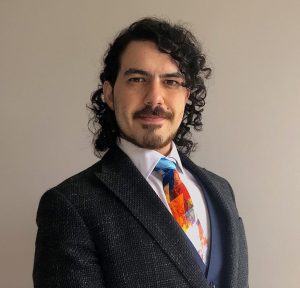Today I learned that it is a criminal offence in France to run analytics on any individual judge with the aim of analyzing their professional output.
The French criminal offence found in Article 33 of LAW no. 2019-222 of March 23, 2019 criminalizes (with a penalty of up to 5 years imprisonment) the use of the identity data of magistrates and members of the registry with the aim or effect of evaluating, analyzing, comparing or predicting their real or supposed professional practices.Translated with the help of Google Translate and formatted for convenience
Despite the one-thousand follow up questions I had on enforcement and jurisdiction and infringement of freedoms, I found myself peering into the potential future with somber contemplation.
The pressures and requirements placed on judges is reserved for truly exemplary persons within a community. The threat of scrutiny is understandable. The demand for scrutiny is also understandable.
The question I really find myself sitting with at the end of the day is:
Can we live with the repercussions of the answers we might find? Are we ready to take action? Can we afford it?
Fundamentally it is a policy question.
But I think it will require some serious reconciliation with fundamental principles we hold core to our conception of justice: the rule of law, access to justice, the right to an impartial judiciary, the principle of open courts, and fairness simpliciter.
Does an honest, well-meaning judge deserve to be reprimanded for biases that emerge through their decisions?
Is it a reflection of their own biases or a system which skews decisions one way or another?
Does an innocent defendant of a racialized group not deserve to know the data and the story it tells?
The future is bright,
Nawar
ABOUT THE AUTHOR

Nawar Kamel is CEO and Co-Founder of Experto AI Inc., and licensed Canadian lawyer in Ottawa, ON, Canada.
Nawar started his academic path studying philosophy and went on to get his masters in philosophy focusing on social contract theory from York University. Nawar graduated from the University of Ottawa Faculty of Common Law and was a litigator spending his days fighting in the courts on behalf of his clients until he went on to found Experto AI Inc., which was established to create AI tools geared towards lawyers and legal researchers.

